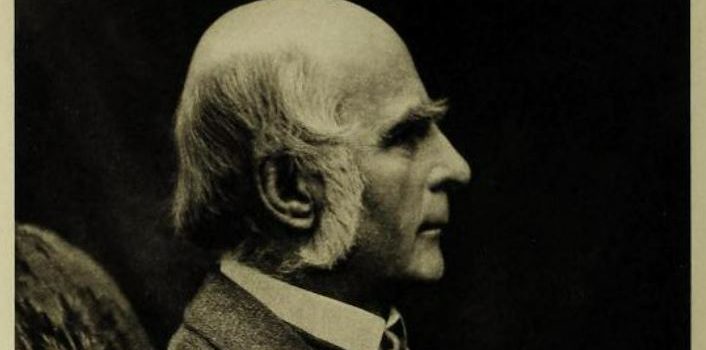What are the biggest problems with the Robinhood stock trading app? Why is Robinhood in trouble with lawmakers? Robinhood’s user-friendly trading platform has created a fiercely loyal community. The app has gained popularity because it makes trading cheap, accessible, and fun. However, there are two major issues with Robinhood. Read on to learn the two biggest problems with stock trading on Robinhood, according to critics.
Robinhood Stock Trading: The 2 Biggest Problems










